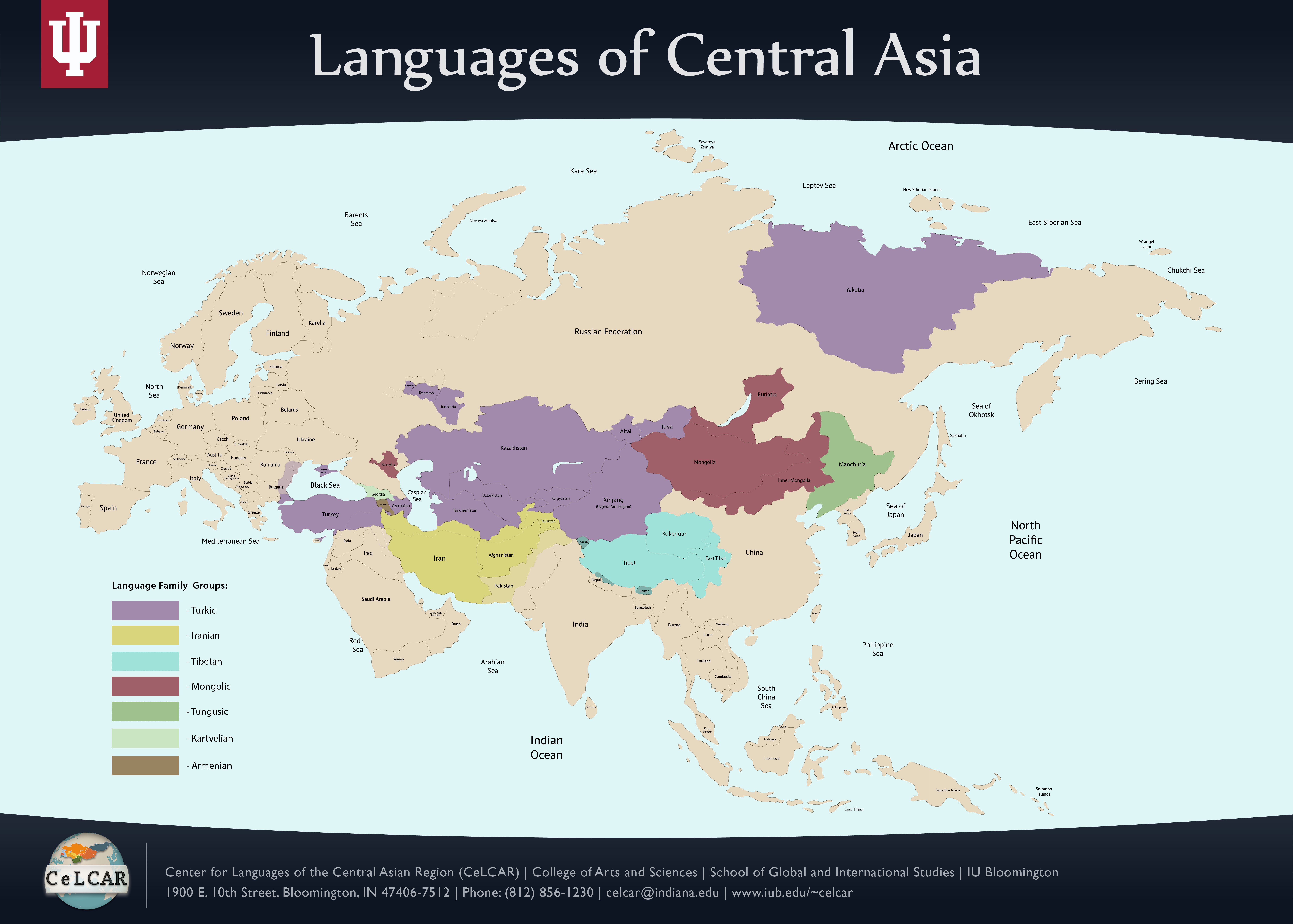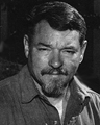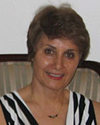
 |
 |

Click to Enlarge Map

|
Jaklin Kornfilt, Department of Linguistics, Syracuse University
Professor Kornfilt specializes in syntactic theory, theoretically informed linguistic typology, and the syntax—morphology interface, with special emphasis on the syntax and morphology of Turkish and of the Turkic languages. Her research interests extend to German and the Germanic languages, as well. She has published a descriptive reference grammar of Turkish, and she is currently involved in a theoretically focused project on the syntax of Turkish. Her articles have included topics on binding, relativization, word order, nominalization, and first language acquisition. |
 |
Jorge Hankamer, Department of Linguistics, University of California, Santa Cruz
Jorge Hankamer is Professor of Linguistics and Chair of Philosophy at UCSC. He holds a BA in Mathematics and Physics (1962) from Rice University, an MA in German Literature (1966) from Rice University, and a PhD in Linguistics (1971) from Yale. He taught at Tufts University and Harvard before moving to UCSC in 1980. His research interests include syntax and semantics, especially anaphora and ellipsis; computational linguistics, especially morphological parsing; morphology in general; and Turkish. He has published recently in the areas of Scandinavian definiteness, Turkish morphology and phonology, and Distributed Morphology. At present he is pursuing research projects in morphological parsing and ellipsis. |
 |
Chris Beckwith, Department of Central Eurasian Studies, Indiana University
Education: B.A. Ohio State University, 1968; M.A. Indiana University, 1974; Ph.D. Indiana University, 1977. Current Research Interests: Historical linguistics (Aramaic, Chinese, Tibetan, Tokharian); Early Old Tibetan morphology; Proto-Mandarin; typological linguistics; epistemology; the Axial Age problem; early Central Eurasia Selected Publications: The Aramaic source of the East Asian word for ‘monastery’ (in press); The pronunciation, origin, and meaning of A-shih-na in early Old Turkic (in press); Warriors of the cloisters: the Central Asian origins of science in the medieval world (Princeton 2012); On the ethnolinguistic position of Manchu and the Manchus within Central Eurasia and East Asia (Manzokushi kenkyū 2012); Pyrrho’s logic (Elenchos 2011); Old Chinese loanwords in Korean (Contemporary Korean linguistics 2010); Could there be a Korean–Japanese linguistic relationship theory? (International Journal of Asian Studies 2010); Empires of the Silk Road (Princeton 2009); Medieval Tibeto-Burman languages III (Halle 2008); Phoronyms: Classifiers, Class Nouns, and the Pseudopartitive Construction (New York 2007); On the Proto-Indo-European obstruent system (Historische Sprachforschung 2007); The sonority sequencing principle and Old Tibetan syllable margins (Medieval Tibeto-Burman languages II 2006); Koguryo, the Language of Japan’s Continental Relatives (Leiden 2004, second edition 2007). Recent language/linguistics courses taught: T673 Old Tibetan; T598 Tokharian; R699 Central Eurasian Languages. |
 |
Simin Karimi, Department of Linguistics, University of Arizona
Simin Karimi received her Ph.D in theoretical linguistics from the University of Washington in 1989. She joined the University of Arizona in 1990, and has been the Head of the Department of Linguistics since Fall 2011. Her research focuses on syntax, and the interaction of syntax with semantics and morphology. She has worked on various aspects of scrambling, as well as complex predicate constructions, arbitrary and obligatory control, and complex DP constructions, among other topics. She has published various articles in linguistics journals, and is the author of one monograph (A Minimalist Approach to Scrambling, 2005), the editor of a special volume on Complex Predicates for the journal Lingua (2013), and the (co)-editor of five books. One of her current research programs concentrates on a theoretical analysis of the syntax, semantics and morphology of complex predicates in twenty Iranian languages. These languages, some of them quite endangered, are scattered in Iran, Turkey and Georgia. This major work will also include a data-base to be freely used by linguists and language teachers. She has taught linguistics courses and seminars on various topics, and has supervised the research of many advisees working on distinct topics in different languages. She is on the editorial board of several journals in the States and in Iran. |
Keynote speakers sponsored by Indiana University’s The College Arts & Humanities Institute(CAHI).
| IU Bloomington | College of Arts and Sciences | School of Global and International Studies | CeLCAR 1900 E. 10th Street, Bloomington, IN 47406-7512 | Phone: (812) 856-1230 | celcar@indiana.edu Copyright © 2013 the Trustees of Indiana University | Copyright Complaints | Privacy Notice |